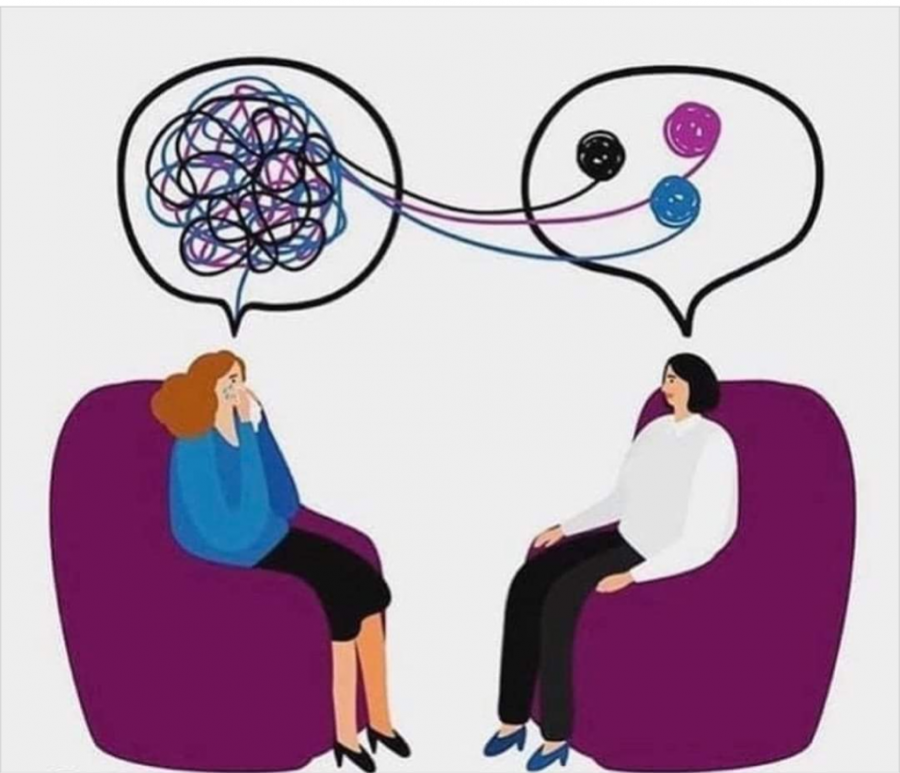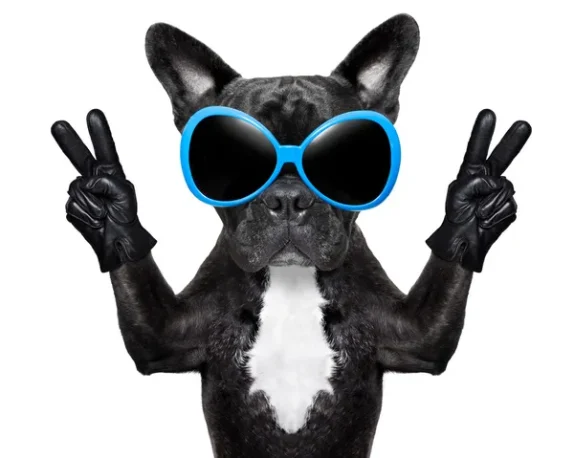Psychological Counseling in Schools
May 24, 2021
When asked about seeing a counselor in school most students’ automatic thought is a guidance counselor, but what if we could change that by normalizing mental health counselors in school? Yes, while Greenbrier East does have a counselor who specializes in just that, it hasn’t always been that way nor do all schools have them.
When students are dealing with psychological disorders, their struggles are often reflected in low grades. When there is a lack of striving, will, and motivation- whether it be externally or internally- there is bound to be defeat. To offer students another pair of open arms, and willingness to listen, would greatly benefit them in the long run. And looking from a teacher standpoint, wouldn’t it be nicer to see more students succeed instead of silently fighting through school and flunking?
A decline in mental state correlates with a decline in grades. In 2015 a college student survey by the American College Health Association showed that an estimated 4.29 million students would have been more successful in graduating if they had not been battling psychological distress.
Though not all psychological struggles are physically visible within a student, it should be more of a priority to check in on those who do display obvious characteristics of distress. Reading people is just as important as any other form of communication, and to excuse a student’s failure just because teachers didn’t notice anything wrong is unacceptable. When the textbook definition of depression continually walks all over school campus, it is an issue.
Why, yes, of course there are invisible cases of distress draped in 4.0 GPAs and AP classes but those students should be treated just the same. If counseling were distributed correctly and thoroughly amongst all students, then problems would be more easily identified and treated.




